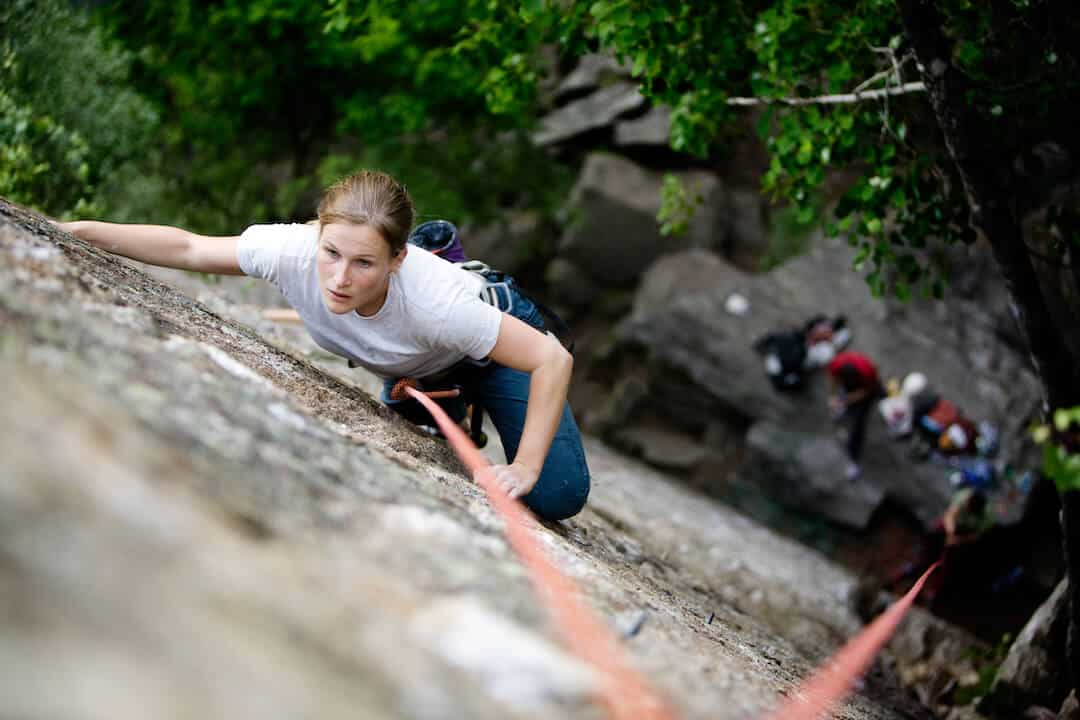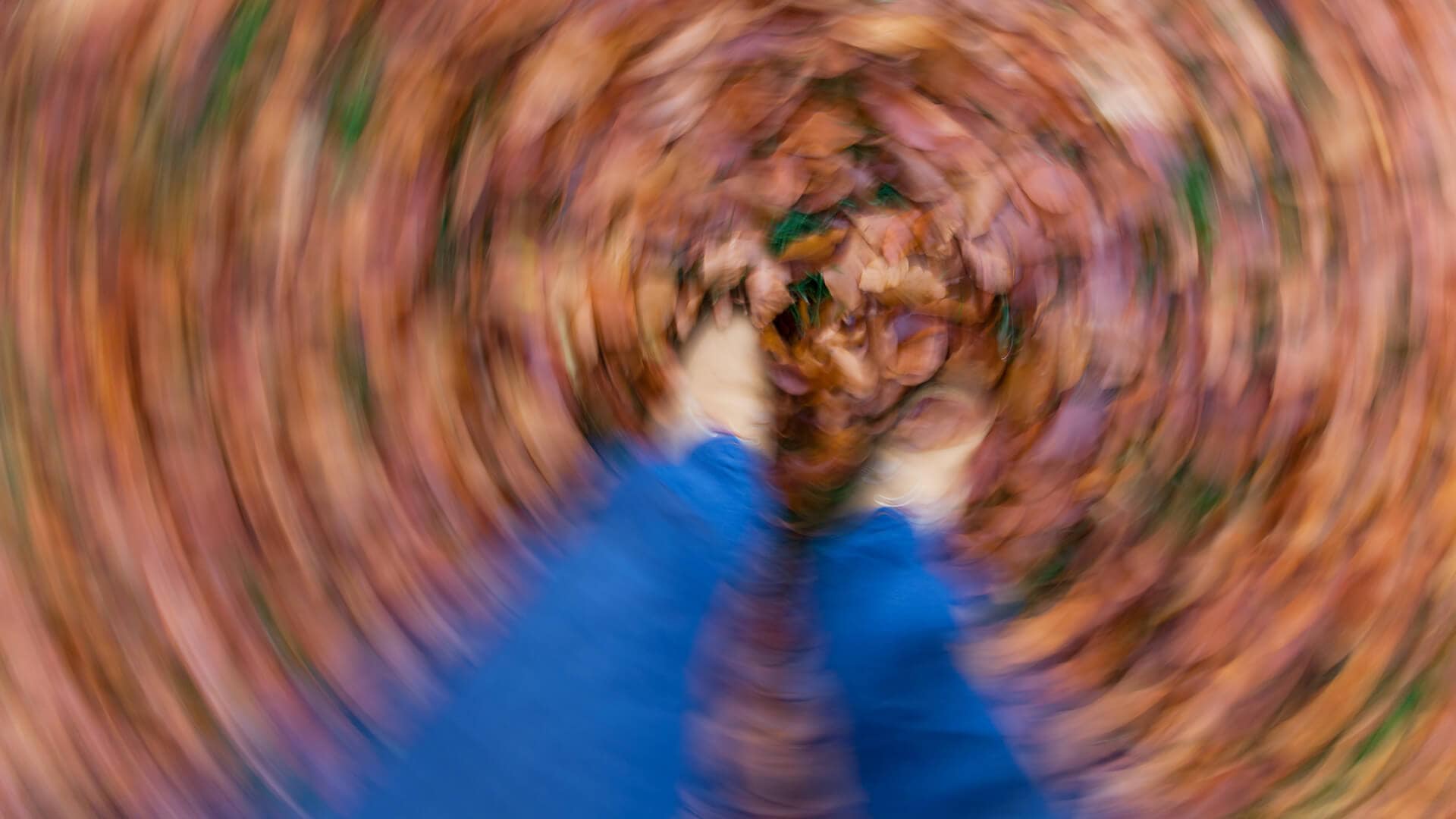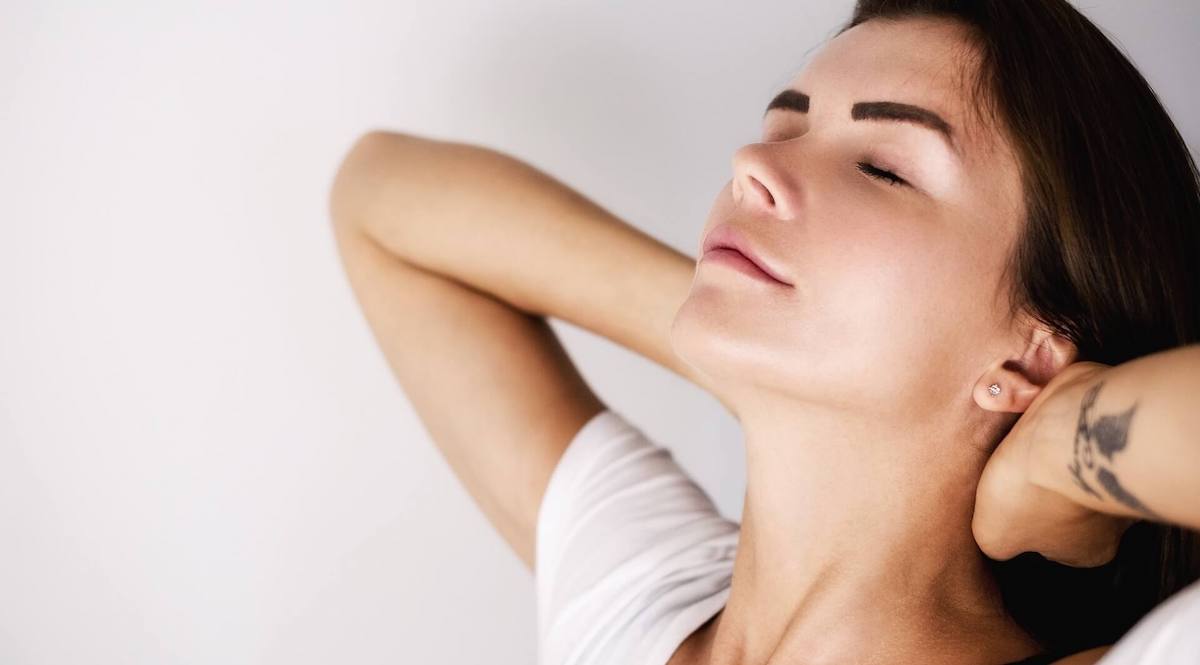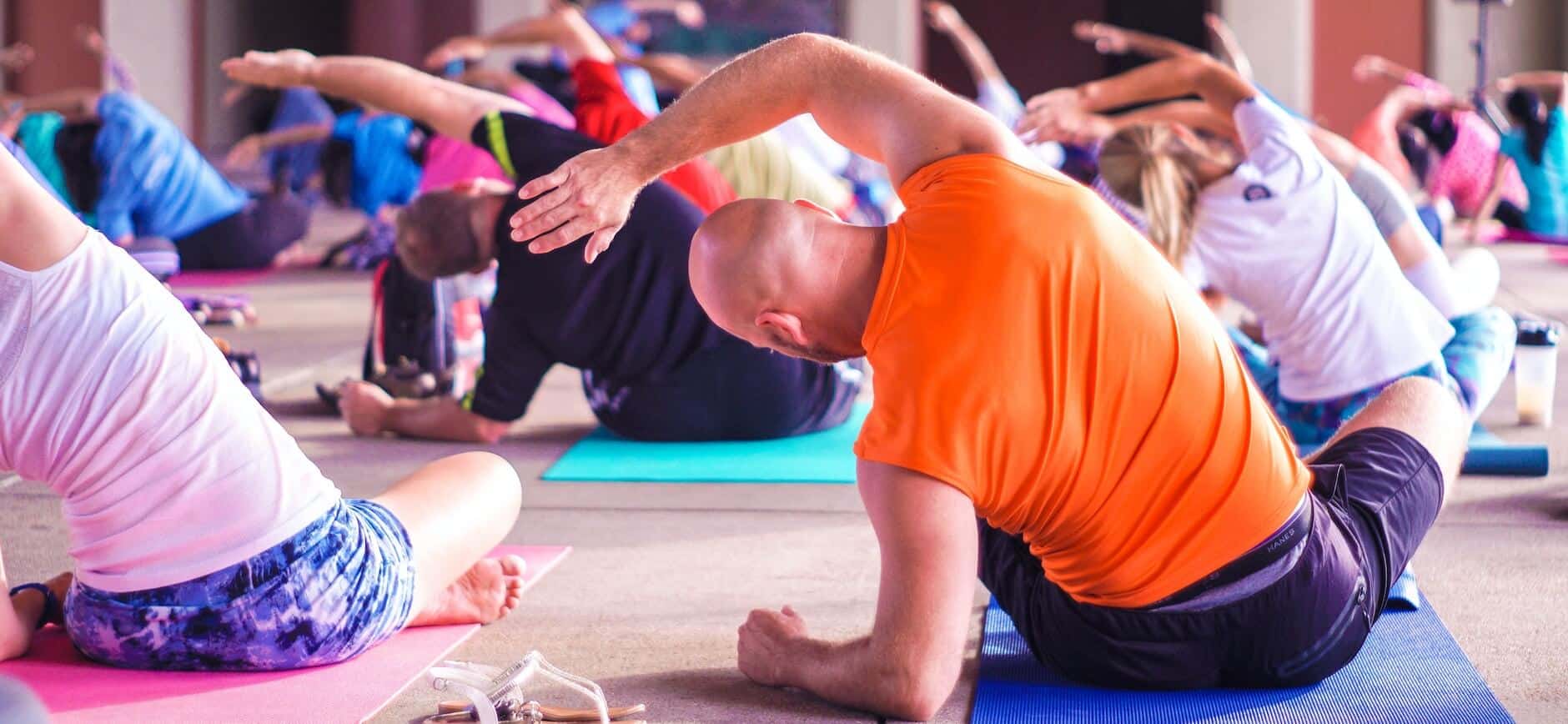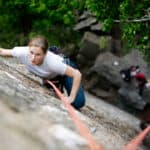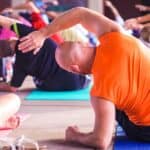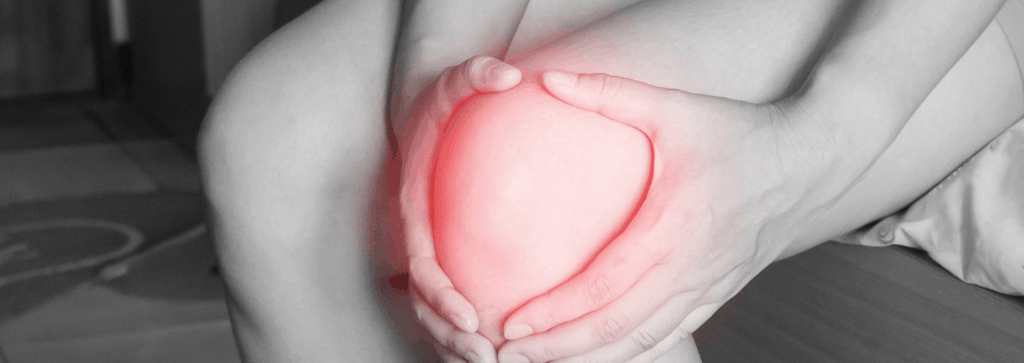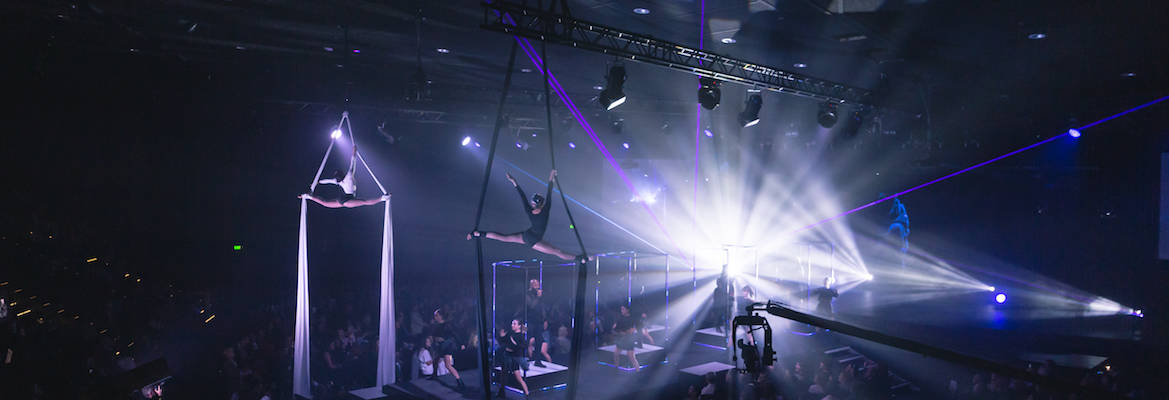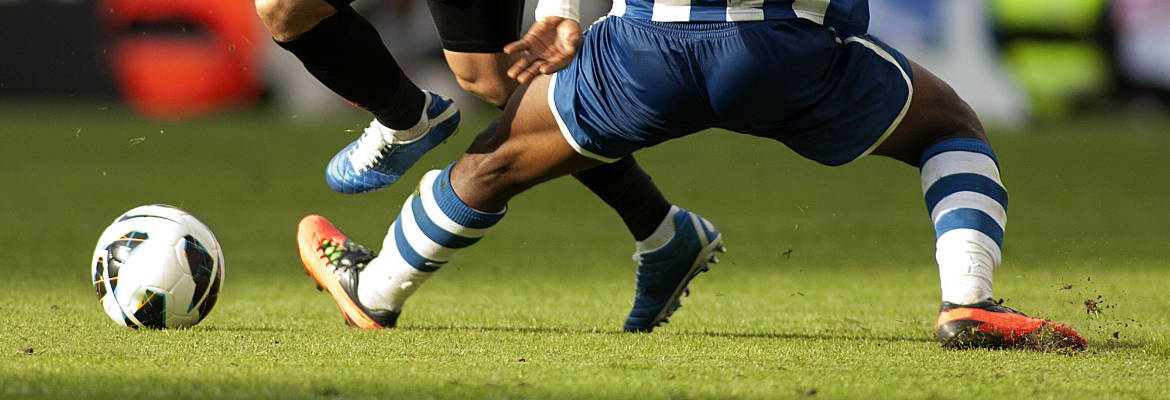No runner likes missing out on a run due to injury. Runners like to be running!
Rather than waiting until injury strikes to do something about it, how can runners prevent injury? Prevention is always better than cure!
Kirsty Prior, our resident running expert, provides this great primer on injury prevention for runners.
1. RUNNERS – GET STRONG
Adequate muscle strength and endurance are vital for running. Without them, it’s hard to have good technique.
Even the best technique can come unstuck if the muscles aren’t strong enough or don’t have enough endurance.
Research tells us that strength work has strong evidence for it’s use. So, the first tip is to get those running-specific muscles strong!
Even the best technique can come unstuck if the muscles aren’t strong enough or don’t have enough endurance.
2. LOAD MANAGEMENT FOR RUNNERS
‘Load’ refers to how hard your body is working. Things like how far, how fast, how often and even where you run can all impact on your load.
Most running injuries are overuse or overload injuries, meaning the load is more than what your body is used too.
It’s not that the load itself is dangerous, it’s just that it’s more than what your body has been trained to cope with.
Mind you, loading our body is how we improve and get stronger, faster and build endurance.
Your body will adapt to load, providing you give it enough time to.
The key message for runners, especially if you are new to running or have had time off, is to start small and gradually build up.
Also, remember to only change one aspect of your loading/training at any one time.
Your body will adapt to load, providing you give it enough time to.
3. RECOVERY
In recent times, there has been an increase in focus on the concept and the importance of recovery in training.
Training hard allows you to improve performance but recovering sufficiently between sessions allows you to keep training hard and prevent injury.
There are lots of things that runners can do to aid recovery, such as the use of compression garments, ice baths, stretching but two of the biggest things that people can do are perhaps the simplest – eating well and getting sufficient sleep!
Whilst we may be resting when we sleep our body is hard at work with a number of different processes that are vital for bone and muscle tissue regeneration.
So, keep this in mind in periods of heavy training or poor sleep!
….two of the biggest things that people can do are perhaps the simplest – eating well and getting sufficient sleep!
4. RUNNING TECHNIQUE
Not only can technique be important for performance but it can also impact on injury, especially with distance running.
Small technique issues can lead to big problems with enough repetition.
Everyone runs differently and there is no single ideal technique. However, we know that there are a number of technique issues that are commonly linked with running injuries.
As runners, we want to prevent injuries rather than take time off to rehabilitate injuries.
Technique errors can be identified by someone who is skilled in assessment of running technique and this can make a huge difference to your injury risk and performance.
Small technique issues can lead to big problems with enough repetition.
If you are interested in finding out more about running injury prevention or would like to discuss how to implement any of these steps into your running, call us on 8356 1000 and ask to speak to our expert running physios.
You can have a free phone consult with any of our physios, or book in for a free pre-assessment to get some advice and work out if you there would be benefit in getting a full running assessment.
